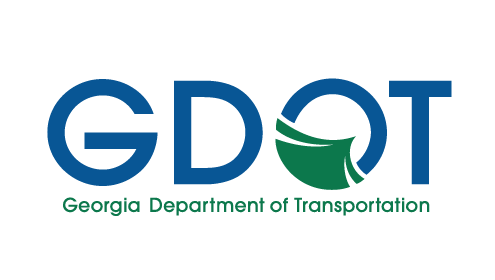The Georgia Department of Transportation, in partnership with the Department of Human Services and the Department of Community Health, is updating the Rural and Human Services Transportation Plan, which provides mobility services for persons with disabilities, older adults and persons without a vehicle.
Transportation is provided by public transit operators, humans service agencies, private providers and non-profit agencies.
GDOT Transit Mobility Manager Matthew Wilson said the system Georgia uses is unique.
“This is because the state of Georgia administers three systems to provide public transit, Human Services transportation and non-emergency medical transportation. Each system is administered by a different state agency using different funding sources. So, coordination of these transportation options and services is needed in the state. And that’s what this plan seeks to do, develop coordination strategies and recommendations to better coordinate these systems,” Wilson said.
[adrotate banner=”51″]
The Georgia Department of Transportation is holding virtual workshops across the state to share information about RHST and get input from providers and citizens what works well and what in needed to improve on the program.
The first workshops were Feb. 15 and focused on northwest Georgia and the Georgia mountains. The final workshops will be Feb. 24 for Northeast and Southern Georgia.
The session for the Central Savannah area, which includes Richmond and Columbia counties, is scheduled from 10 to 11:30 a.m. Feb. 22.
“We will provide an overview of the available transit in the region. So rural public transit, urban public transit, the DHS provided transit, and who is the non-emergency medical transportation service broker Then we’ll review the region’s transit needs through a couple of demand assessments we’ve done. And then we’ll have many points in the presentation to ask for feedback through online polling and discussion questions,” said Wilson.
Wilson says all counties, with the exception of Washington County, in the Central Savannah region provide public transit services. However, all the providers are county-level providers, which can present difficulties.
“There are issues of coordinating between cross county trips,” Wilson said. “So, if I live in Jefferson, and I want to get up to Augusta, that trip may not be possible, because they have to have insurance and agreements in place to be able to cross county boundaries. There’s also an additional cost anytime you cross a county boundary. They’re going to make you pay per mile. So, there are issues of coordinating these operators and to ensuring that there is a regionally based service.”
[adrotate banner=”15″]
Wilson said they will continue taking comments through the end of February. After that they will begin analyzing the data and finalizing the needs assessment document. That will be posted online in July and will be available for review and public comment for 30 days.
The Central Savannah workshop will be available online: www.bit.ly/CentralSavannahRHST ID: 678 625 202#
Anyone unable to join the online session can call in: (470) 443-0586.
Dana Lynn McIntyre is a general assignment reporter for The Augusta Press. Reach her at dana@theaugustapress.com










